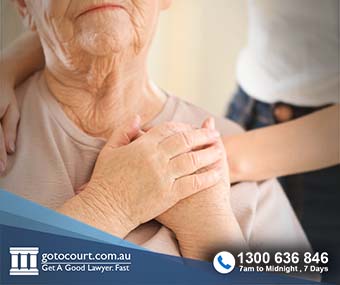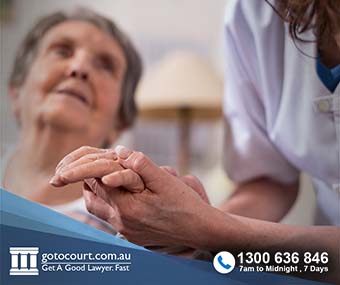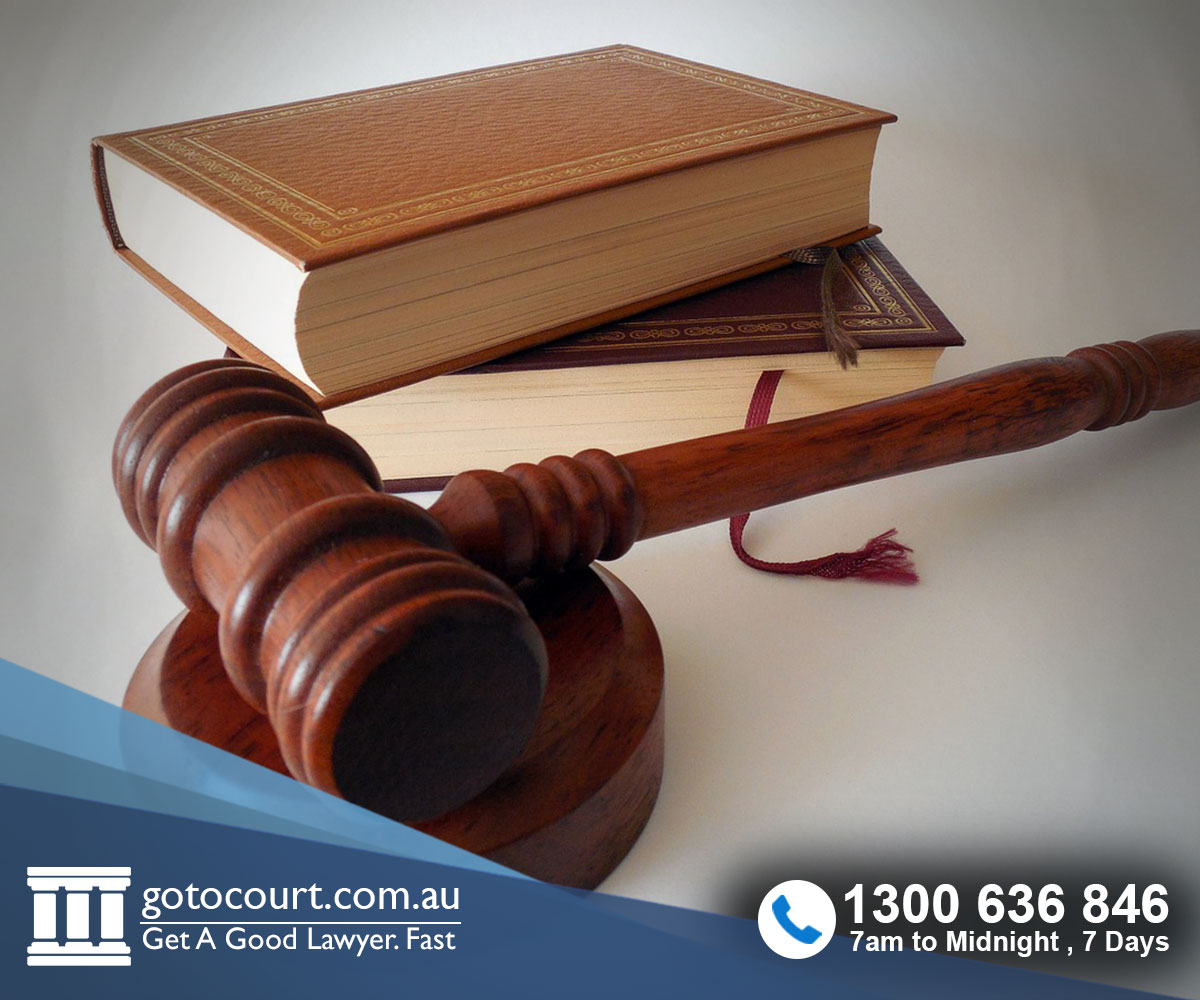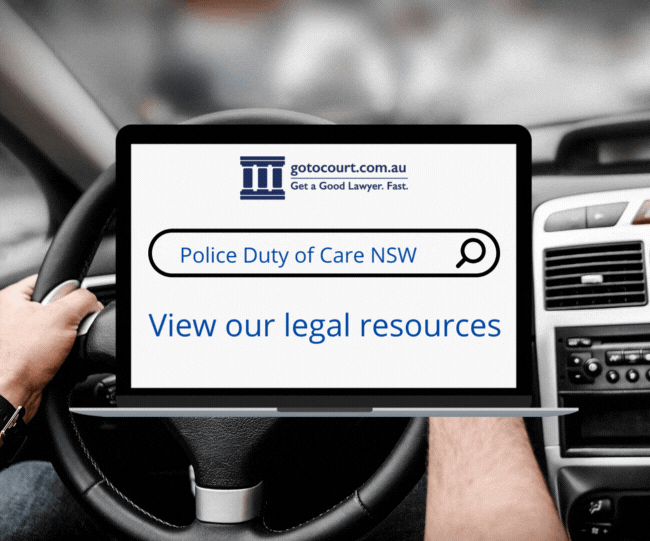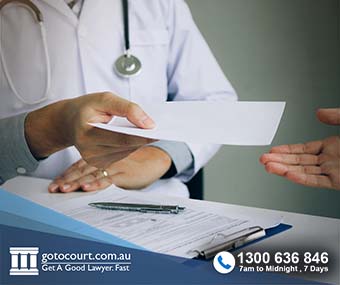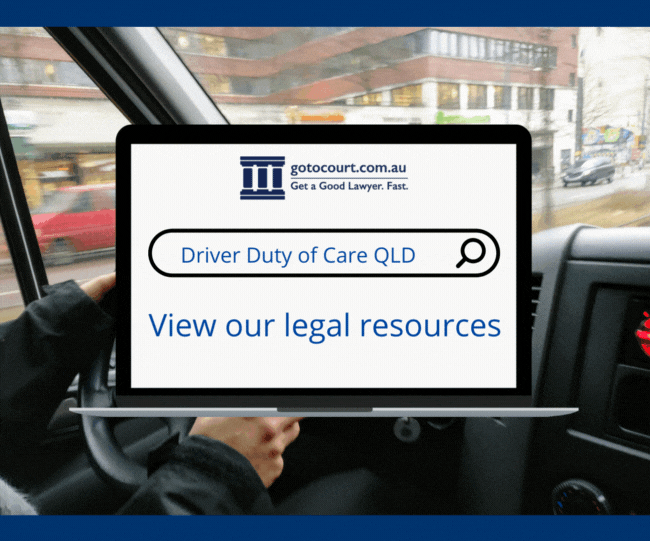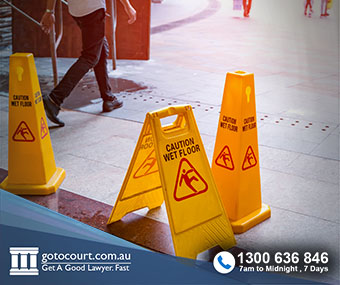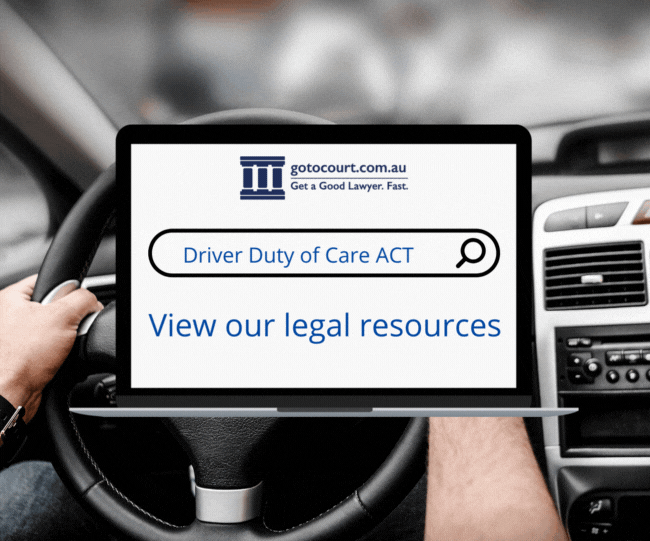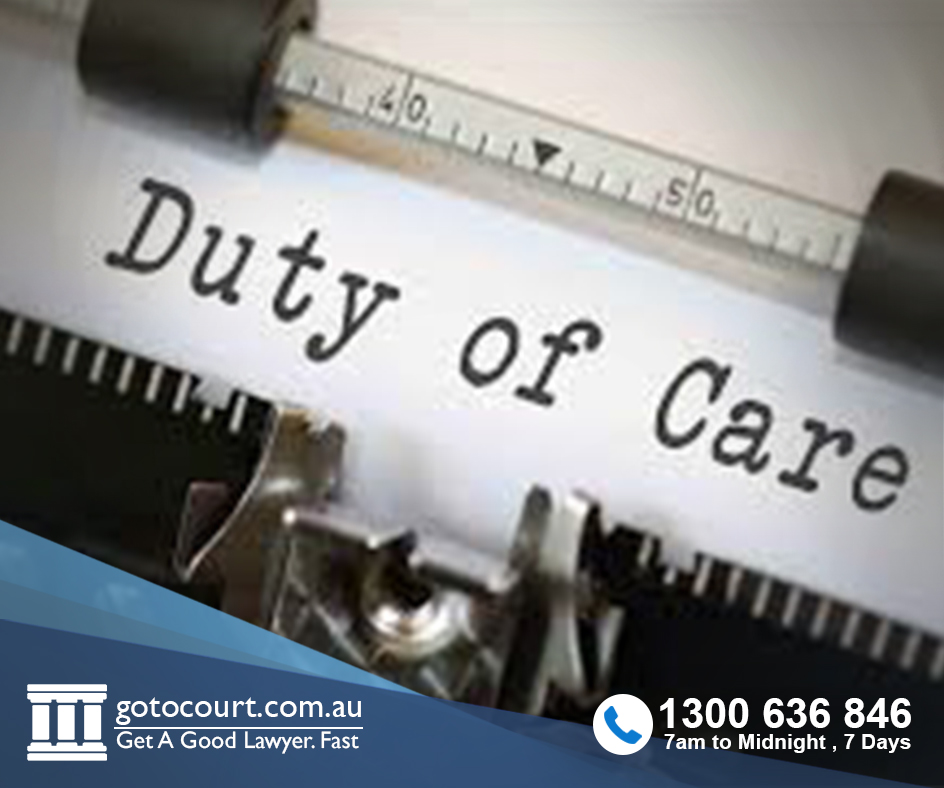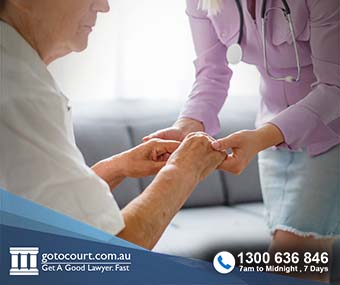Medical Negligence (NT)
Medical Negligence (NT)
When someone is injured because of a medical service provider’s negligence, they can claim compensation under common law, and the Personal Injuries (Liabilities and Damages) Act 2003.
When can someone claim compensation?
A person can claim compensation for medical costs, professional care costs, and lost earnings, as well as for pain and suffering. This payment is designed to help the injured party return to the position they were in before the negligent act. Read on for advice about making a medical negligence claim in the Northern Territory.
Duty of care in the Northern Territory
Some people, by virtue of their profession, have a duty of care towards those in their care. All medical personnel, including GPs, surgeons, pharmacists, midwives, nurses, dentists and hospitals, owe a duty of care to those in their care. In fact, healthcare professionals have a higher duty of care than most other professionals because of the inherent vulnerability and reliance of their patients.
This duty of care requires the medical professional to avoid causing foreseeable harm to those in their care. For example, a GP owes a duty of care to investigate any health complaint properly. Since failing to investigate a health complaint could foreseeably cause harm to their patient, if a GP fails in this duty, they are negligent. It is important to understand that although medical personnel have a duty of care, this does not mean that they are responsible for all harm that happens to their patients. Almost all medical treatments carry risk, so even unfortunate outcomes do not necessarily mean that there was negligence. A healthcare professional may act with appropriate amounts of professionalism and skill, and the treatment can still go awry. Under Northern Territory law, as long as there is informed consent, a healthcare professional is only required to act as a reasonable medical professional would have in the same set of circumstances.
Medical negligence claims criteria
A person has a medical negligence claim against a medical service provider if they can show that:
- The medical service provider owed them a duty of care;
- The medical service provider breached this duty of care; and
- This negligence caused the claimant damage.
Whether medical negligence has occurred is a question of expert opinion. During a medical negligence case, the opposing sides will submit expert testimony, which is often contradictory or at least inconsistent. It is for the court to judge which expert opinion is more persuasive. Medical negligence can take a variety of forms.
Professional healthcare negligence
A healthcare professional could be negligent through any of the following:
- surgery errors;
- improper insertion of medical device or implant;
- inadequate post-operative care;
- inappropriate pregnancy or childbirth services;
- misdiagnosis or delayed diagnosis;
- prescription or medication errors;
- failure to properly disclose medical risks; or
- dental care error.
A claimant needs to show a direct causal link between the healthcare professional’s treatment (or lack of treatment) and their injury or other harm. In the Northern Territory, a patient must prove that they would not have incurred the damage or injury if not for the healthcare professional’s negligence.
Medical negligence compensation
More often than not, a medical negligence claim is settled before it ever proceeds to court. The parties to a negligence claim are required to meet for a compulsory preliminary conference and attempt to settle the matter, and it is often appropriate to accept an offer made at (or soon after) this conference.
How much compensation can you get for medical negligence?
The amount of compensation that a claimant can receive turns on the particular circumstances of the case, with the nature of the injury and the impact on the claimant as the most important factors. Typically, lower-range medical negligence claims are worth under $200,000, while some cases attract compensation in the millions.
A claim can provide financial compensation for:
- medical expenses (past and future);
- professional care costs (past and future);
- assistance provided by family and friends;
- pain and suffering;
- loss of earnings (past and future); and
- loss of enjoyment of life.
When the claimant can no longer work in their previous employment, they may also have a Total and Permanent Disability claim under their superannuation and/or personal insurance policies. When a patient dies due to medical negligence, their family may have a claim for compensation for financial loss and emotional impact.
Waivers
A central issue in a medical negligence case is often whether a patient was adequately informed of the risks before undergoing treatment. Healthcare professionals typically try to indemnify themselves by having patients sign a waiver of liability. However, a patient who signs a waiver should not be discouraged from making a claim, as courts are usually reluctant to accept this document as binding in cases of medical negligence.
Time limits
Under the Limitation Act 1981, a medical negligence claim must be brought within three years of the date of injury. In some circumstances, a claimant may still be entitled to make a claim after this deadline has lapsed, so it is essential to seek immediate legal advice. When it comes to children or disabled persons, the limitation period is suspended until the claimant reaches majority or the person is no longer disabled.
Even straightforward medical negligence claims can take between 12 and 18 months to finalise. More complex cases can take much longer, especially if the claimant’s condition has yet to stabilise.
Medical negligence claims are complex, and a claimant can benefit from the advice of a solicitor to receive their full entitlements. A solicitor can assess the type of medical negligence claim a claimant might have and how they can maximise their entitlement. Our civil law team can provide meaningful advice, discover compelling evidence to prove medical negligence, challenge medical evidence and advise you on the right strategy going forward.
Contact our team to discuss your claim on 1300 636 846.

Affordable Lawyers
Our Go To Court Lawyers will assist you in all areas of law. We specialise in providing legal advice urgently – at the time when you need it most. If you need a lawyer right now, today, we can help you – no matter where you are in Australia.How It Works




1. You speak directly to a lawyer
When you call the Go To Court Legal Hotline, you will be connected directly to a lawyer, every time.

2. Get your legal situation assessed
We determine the best way forward in your legal matter, free of charge. If you want to go ahead and book a face-to-face appointment, we will connect you with a specialist in your local area.

3. We arrange everything as needed
If you want to go ahead and book a fact-to-face appointment, we will connect you with a specialist in your local area no matter where you are and even at very short notice.




